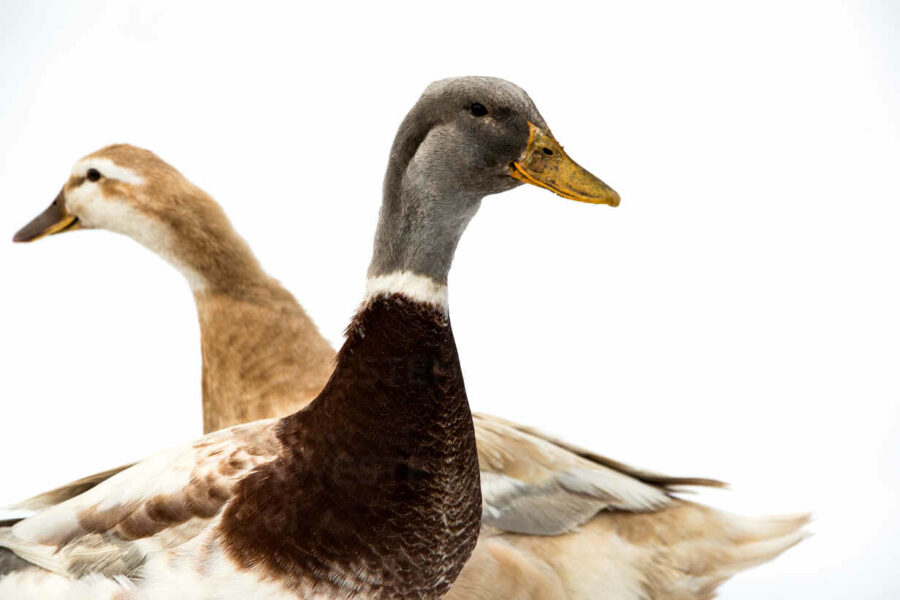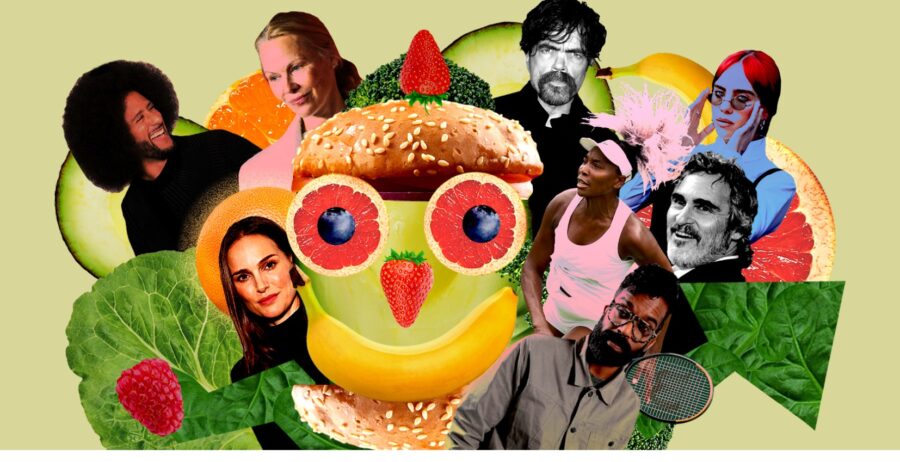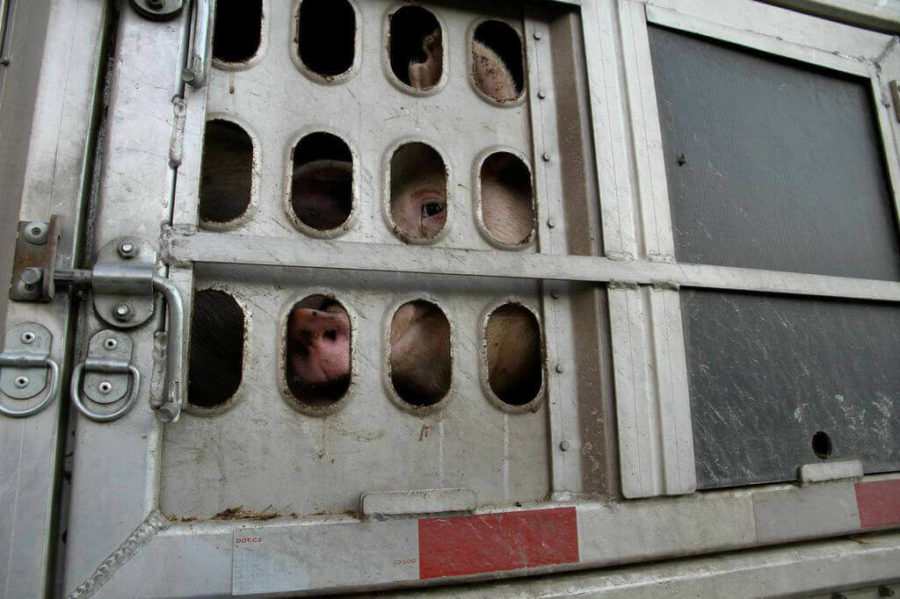Foie gras victims are usually male, and both women and men are involved in victimizing them as producers and as consumers, but, because patriarchal, woman-hating culture is most accustomed to viewing women as frivilous consumers and sexy victims of violence, the Nonhuman Animal rights movement regularly employs female activists to take on these convoluted roles in protest.
Continue readingBlog
Mainstreaming Veganism: Full Interview with Imagine5
Vegan culture is likely to move more and more into environmental claimsmaking, as that has proved most successful in achieving institutional changes that support a transition to plant-based foodways. I would like to see, however, more social justice claimsmaking made for nonhuman animals themselves. Sadly, in all the discourse over healthy food, capitalism, and climate change, the animals themselves remain hidden from the conversation. This is a real travesty, as they have the most to gain from a vegan world.
Continue readingHuman/Nonhuman Urban Ecology in Modernizing Ireland
Advancing Veganism in a “Post-Vegan Society”: A Review of Veganism: Politics, Practice, and Theory
Animalizing Appalachia: A Critical Animal Studies Analysis of Early Sociological Surveys of Southern Appalachia
Critical animal studies acknowledges the role that science has played in constructing and legitimizing categories of difference, particularly that related to species distinctions, evolutionarily ideas about group inferiority and superiority, and the goal of social development. As such, my research explores how sociological research has traditionally animalized its Appalachian subjects and used this animalization as an explanation or rationale for inequality.
Continue readingWomen and Vegan Civil Resistance
Although vegan feminism is a relatively new theory of social change in the West, it has had a rich background with a variety of innovative tactics, developed by innovative women in the resistance. In “Vegan Feminism Then and Now: Women’s Resistance to Legalised Speciesism across Three Waves of Activism” published in Gendering Green Criminology (Bristol University Press 2023), Lynca Korimboccus joins me in exploring this history through the efforts of three outstanding activists we take to represent feminist approaches to anti-speciesism across three primary waves of collective effort.
Continue readingWhy are Environmentalists and Animal Activists at an Empasse?
More and more, however, the science of climate change is now demonstrating that animal products are a leading cause of environmental degradation, a body of evidence that is becoming difficult to ignore. However, the ideological shift that is needed–seeing animals not as objectified climate-destroying consumables, but as a marginalized group whose oppression is actually foundational to the degradation of the earth–still lacks. Until we start to see animals as persons and reject hierarchies of domination, the two movements will never fully align.
Continue readingShocked or Satiated? Violent Imagery Traumatizes Rather than Motivates Veteran Activists
Sociologists James Jasper and Jane Poulsen have argued that activists’ deployment of emotionally triggering ‘moral shocks’ can stimulate recruitment for movements, particularly for those which are less successful in recruiting through social networks. Others have suggested that, more than a recruitment tool, these moral shocks are useful for sustaining activist motivation. I wondered, however, if activists might actually find violent imagery in campaigning to do the opposite. Perhaps it demotivated, instead?
Continue readingNearly 1,000 Academics & Professionals in Support of Plant-based Universities
Animal Rights and Environmental Inequality
Vegan feminist theory is introduced to address the anthropocentric intersectional failure that typifies mainstream environmental justice efforts, arguing that the false divide erected between nature and civilization has historically abstracted freeliving Nonhuman Animals within larger conversations about ecosystems and species, undermining their individual rights.
Continue reading






